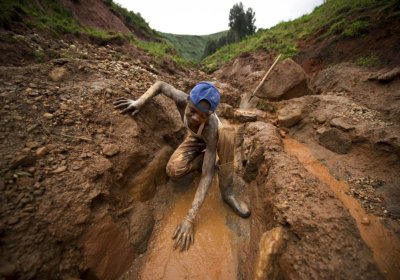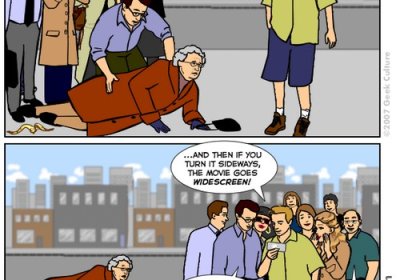In February, a video filmed in the village of Mwanza Lomba in the Democratic Republic of Congo in Central Africa, went viral.
It showed unarmed civilians — including children — being massacred by soldiers of the state army. The clip quickly moved from the social networks onto television news channels around the world. But then it vanished again without any further debate about what it meant and what it revealed.







